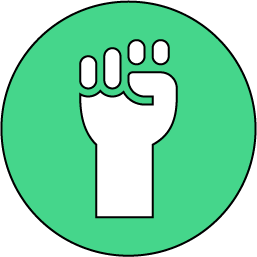
A safe abortion is a medical right in B.C.

There is no minimum age to give consent or refuse your medical care. You are able to …

There is no minimum age that you need to be to legally get a tattoo or piercing. But…

You deserve to feel valued, respected, and safe with everyone you spend time with. Do…

Youth in British Columbia reach significant milestones at different ages, granting th…